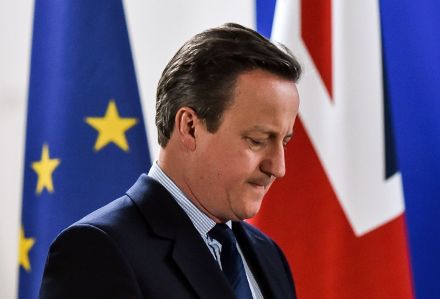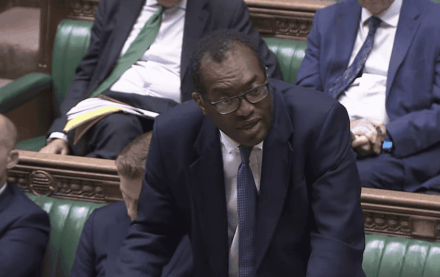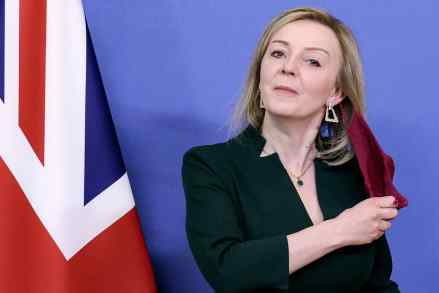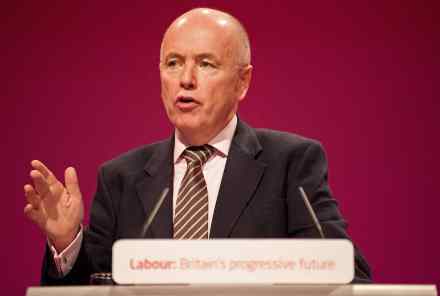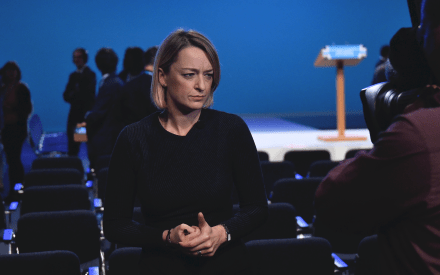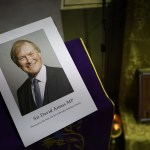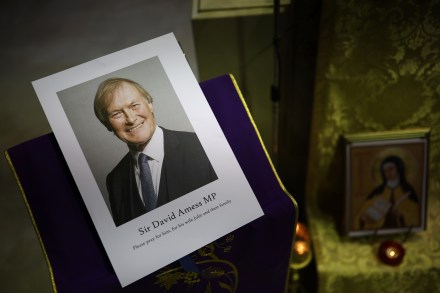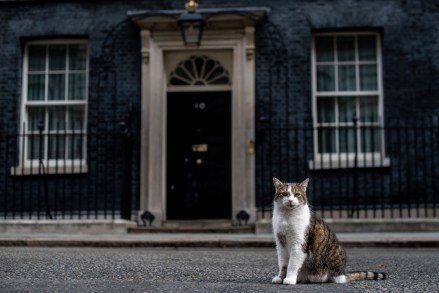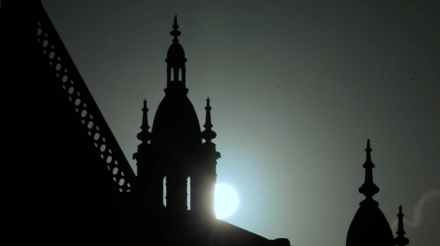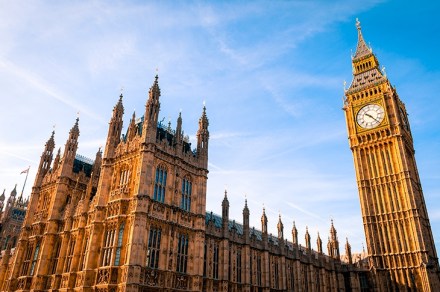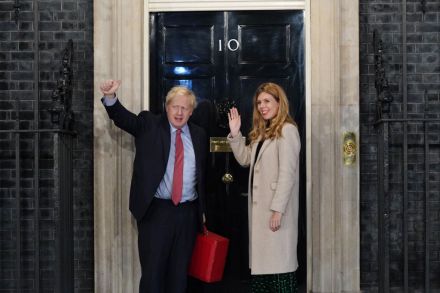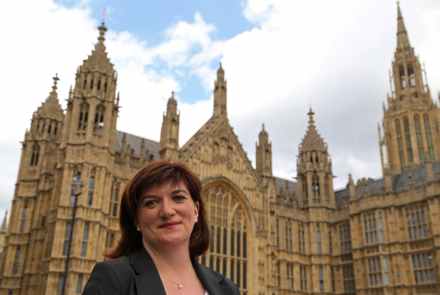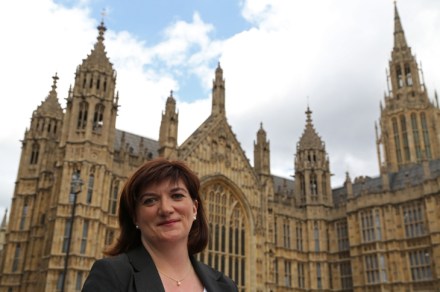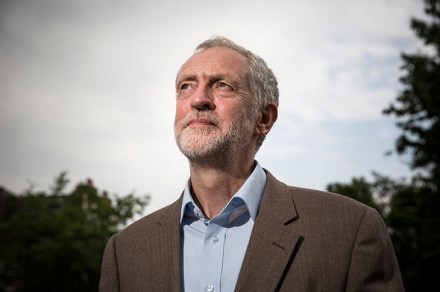Remainers should be honest about the costs of Brexit
Those opposed to leaving the European Union repeatedly accuse Brexit of being based on ignorance fed by lies. The ‘lie’ they invariably refer to is the £350 million on the side of the Boris bus. In reality, it was the Remain campaign, and its interminable Rejoiner sequel, that was and is based on systematic distortions and gross misunderstandings. One might shrug one’s shoulders if the distortions came only from business lobbies, EU-funded think tanks, the subsidised European media and the like. But some of the most damaging originate within the British state and its associated bodies. No one denies that the Civil Service has been and remains overwhelmingly opposed to
